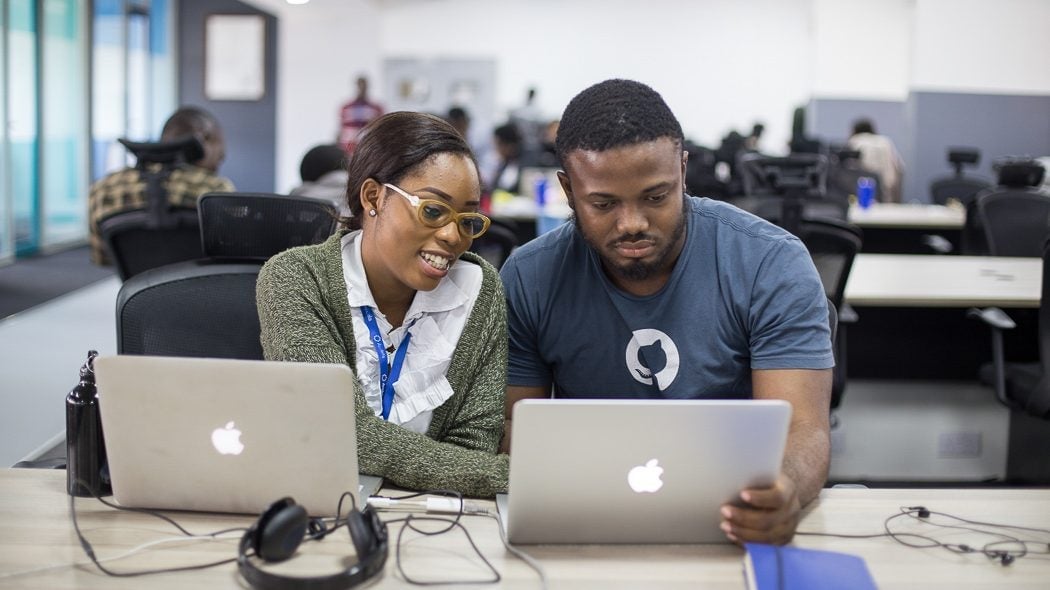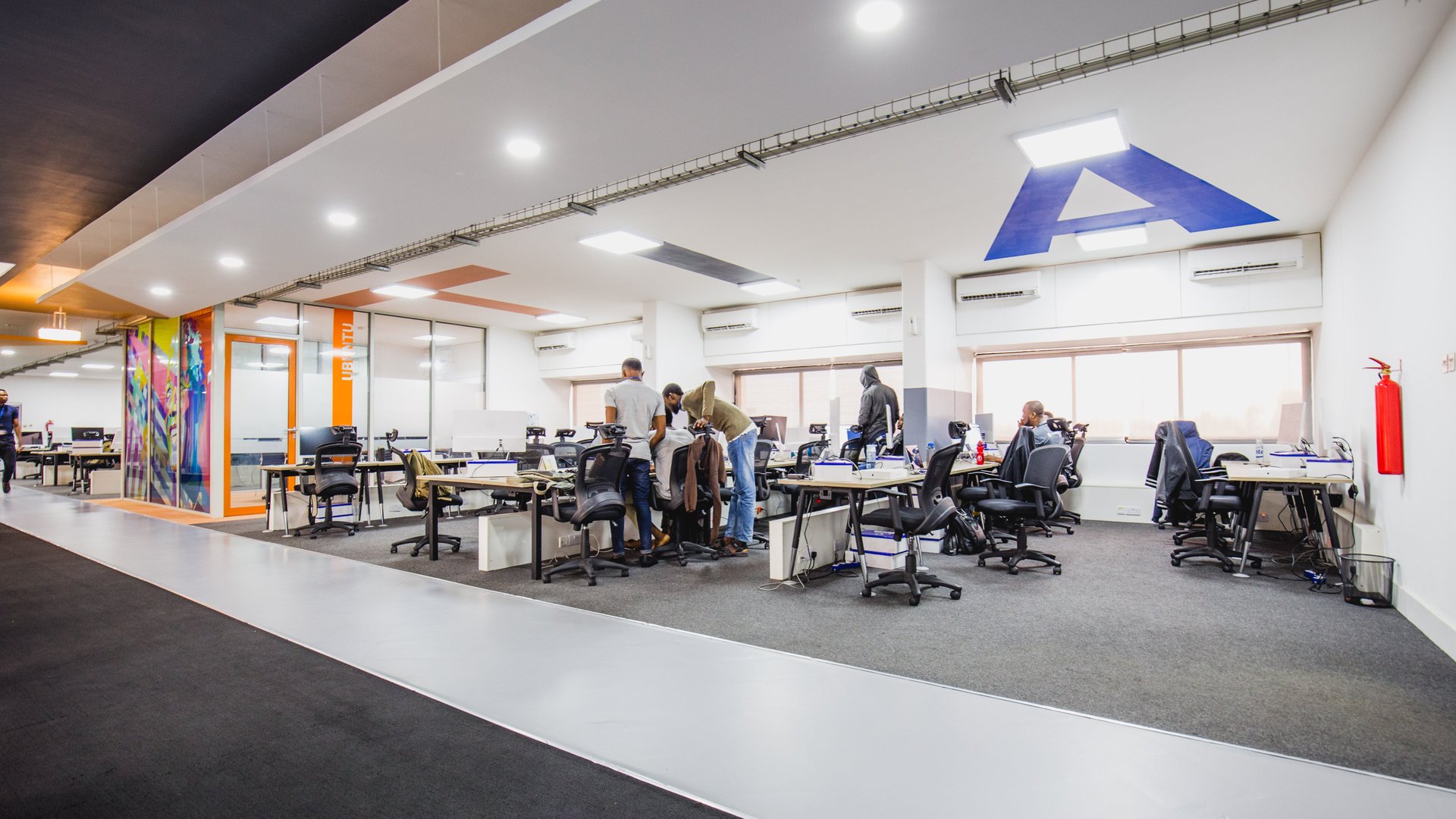Andela is expanding across Africa after shutting down its offices and going remote
Developer outsourcing company Andela is making yet another major shift in its operational model.


Developer outsourcing company Andela is making yet another major shift in its operational model.
After laying off 135 people in May as well as shutting down offices globally while adopting fully remote operations, Andela will now allow applications from interested developers across all of Africa, rather than just in the six countries—Nigeria, Kenya, Uganda, Rwanda, Ghana and Egypt—where it had previously operated in.
The remote, pan-African model essentially sees Andela morph into an online marketplace for African developers who can apply, get accepted and then be matched with an Andela client, usually an American company in need of engineering talent.
The company has some experience with the new model having operated remotely in Ghana and Egypt and accepting engineers from outside those countries’ capital cities. Andela is now accepting applications from senior developers across the continent adept in the most in-demand web frameworks and program languages. However, developers will now only be contracted on a per project basis rather than be employed by Andela.
The move represents a significant shift from Andela’s founding premise of providing opportunity that might have been out of reach to budding developers across Africa primarily through training—a premise upon which it raised around $180 million from major name investors including Facebook’s Mark Zuckerberg, former vice president Al Gore and tennis superstar Serena Williams.
Its initial business model included training local entry-level developers to be globally competitive, place them on four-year contracts and earn revenue by outsourcing their skills to clients in that time frame. Andela’s new model means it will take on neither the initial cost of training nor employment and simply earn revenues when it can place engineers signed up on its platform.
The latest change in strategy by Andela is linked to an earlier operational shift in September when it ended its vaunted developer training programs in Nigeria, Kenya and Uganda, and let go of around 400 junior developers across those three countries due to an inability to place them. While acknowledging the company no longer required large office spaces for its developer training programs, Andela chief executive Jeremy Johnson, confirms the decision to go remote and lay off staff was partly a cost reduction exercise “accelerated by Covid-19.” Andela had physical offices in Nigeria, Kenya, Uganda, Rwanda as well as New York, San Francisco and Austin, Texas in the US.
But Johnson says the move is also due to recognizing that requiring its developers to work in offices and cities where those offices were located, had represented a barrier to accessing opportunities. “When you think about it through the lens of enabling talent, requiring physical offices is actually part of the problem,” he tells Quartz Africa. “Not enabling remote work is part of what creates the issue of talent being evenly distributed while opportunity is not.” There’s also the obvious benefit for Andela to expand the pool of developer talent available to its clients while potentially providing more African engineering talent with opportunities for work.

There’s evidence to support the company’s choice to opening up pan-African applications rather than simply focusing on bigger tech markets. GitHub’s annual State of the Octoverse report for 2019 showed developers from Africa created 40% more open source repositories on the software engineering marketplace than in the previous year—a higher growth percentage than any other continent globally. Crucially, rapid growth in developer contributions was noted outside countries renowned for their large developer communities with growth seen in countries like Mayotte, Sierra Leone, Chad, Seychelles, Algeria and Guinea Bissau. That scale of activity mirrors the trend of tech hubs emerging beyond Africa’s legacy tech markets.
Andela’s latest tweak to its operational model since being founded in 2014 is unlikely to be its last. While there’s no established timeline yet, Johnson confirmed to Quartz Africa that the company will ultimately look to open up its network to applications from software engineers across the world and not just in Africa.
Sign up to the Quartz Africa Weekly Brief here for news and analysis on African business, tech and innovation in your inbox